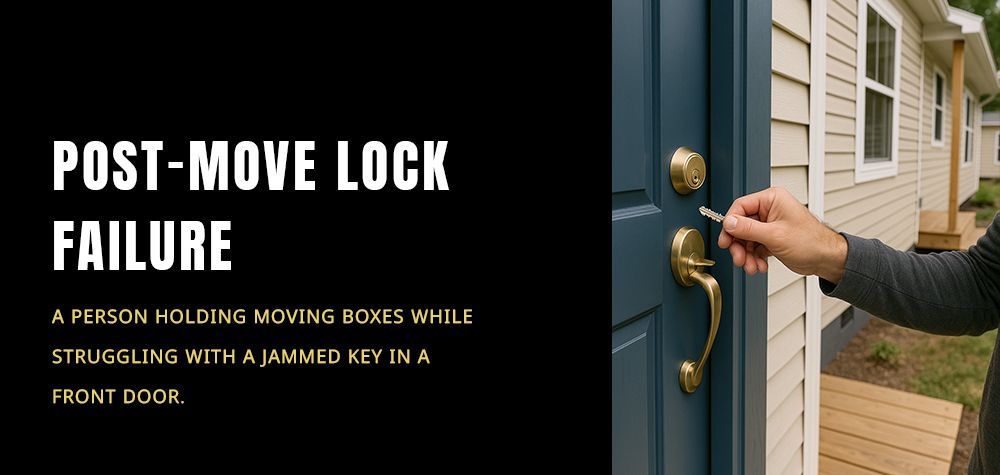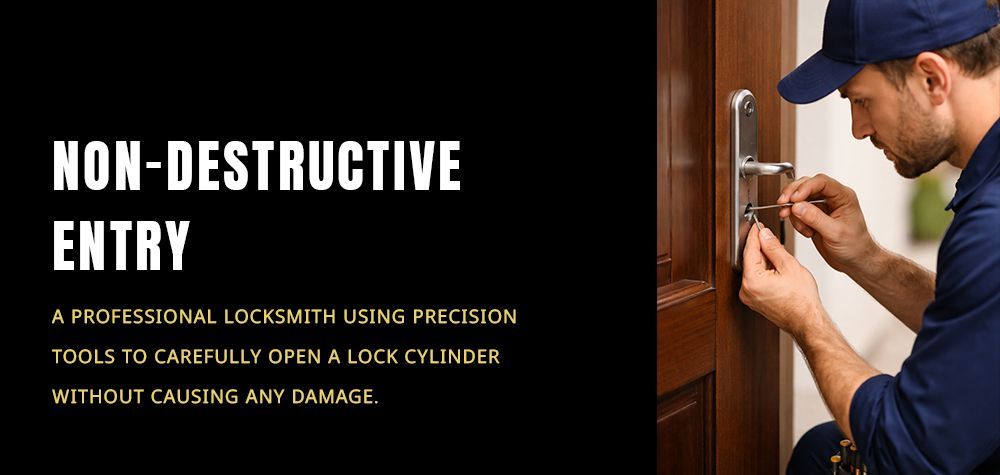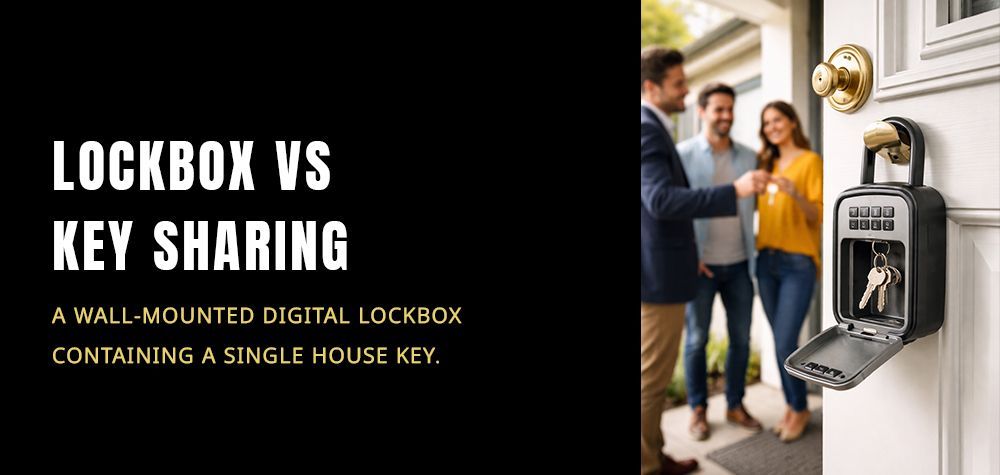How to Prevent Car Theft
When it comes to safeguarding your vehicle, a little prevention can go a long way. Imagine the peace of mind knowing your car is protected from theft, no matter where you park. Whether you're heading to work, running errands, or just leaving your car overnight, these practical tips will help you keep your vehicle safe and secure. From simple habits to advanced security measures, we've got you covered with effective strategies to prevent car theft. So, let's dive in and make sure your car stays exactly where you left it!
Read more about how to burglar-proof windows!
Use Anti-Theft Devices
Investing in anti-theft devices is one of the most effective ways to protect your car. Devices like steering wheel locks, alarm systems, and kill switches can deter thieves and make it significantly harder for them to steal your vehicle. These tools not only provide physical barriers but also create noise and attention, which are a thief's worst enemies. Choose the right device for your car and ensure it's properly installed and maintained for maximum security.
Park Smartly
Where you park your car can greatly influence its safety. Always aim to park in well-lit, busy areas where there's a higher chance of someone noticing suspicious activity. If possible, use secure parking garages rather than leaving your car on the street. Avoid parking in the same spot for long periods, especially in isolated or poorly lit areas, as this can make your car a target for thieves.

Lock Your Car and Keep Windows Up
Never underestimate the power of basic security measures. Always lock your car doors and ensure all windows are fully closed, even if you're just stepping away for a moment. Double-check the locks and windows before leaving your vehicle. Many car thefts occur because the car was left unlocked or the windows were left open, making it an easy target for opportunistic thieves.
Remove Valuables from Sight
Visible valuables inside your car can be a magnet for thieves. Keep your car tidy and free of items like bags, electronics, or anything that might look valuable. Store essential items in the trunk or take them with you. Using a privacy cover can also help keep items in the back seat out of sight. By removing temptations, you reduce the risk of your car being targeted.
Use a Vehicle Tracking System
Installing a vehicle tracking system can be a game-changer in the unfortunate event of a theft. These systems allow you to monitor your car's location in real time, increasing the chances of recovering your vehicle quickly. Choose a reliable tracking system and ensure it's installed correctly. Regularly check that the system is functioning properly to maintain peace of mind.
Be Mindful of Where You Leave Your Keys
Properly managing your car keys can prevent easy access for thieves. Never leave your keys in the car or ignition, even if you're just running a quick errand. Avoid hiding spare keys in obvious places like under the car or in a wheel well. Instead, consider using a key safe or lockbox. Being cautious with your keys can significantly reduce the risk of theft.
Conclusion
Protecting your car from theft doesn't have to be complicated or expensive. By implementing these simple yet effective strategies, you can greatly enhance your vehicle's security and enjoy peace of mind. From using anti-theft devices and smart parking techniques to ensuring your car is always locked and windows are up, each tip plays a crucial role in deterring potential thieves. Remember to keep valuables out of sight, consider installing a vehicle tracking system, and always be mindful of where you leave your keys. By staying vigilant and proactive, you can safeguard your car and reduce the risk of theft. Stay safe and keep your vehicle secure!
Call Us Any Time!









